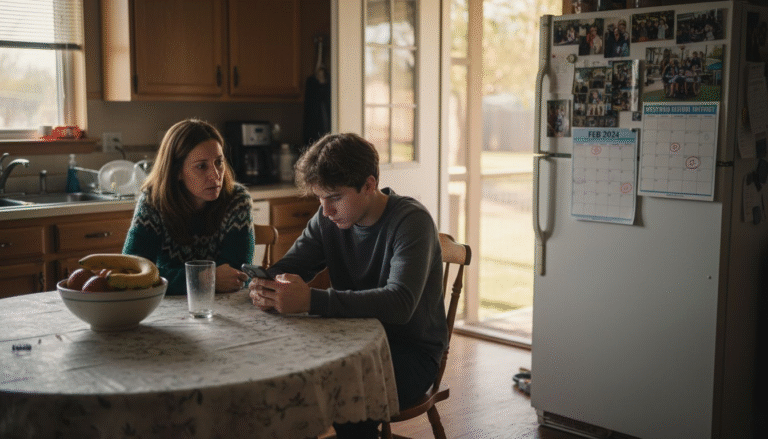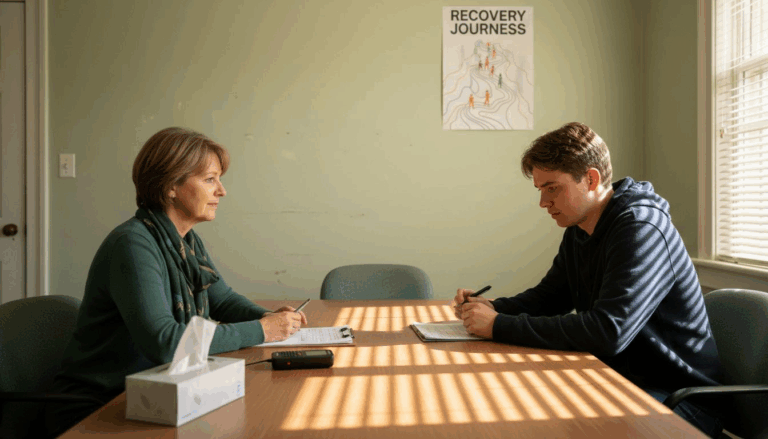The thought of going to rehab can be scary. After watching so many shows and movies about what goes on in a rehab facility, you might be wondering how much of it is genuinely accurate. If you have always been a planner, it might ease your anxieties to know what to expect and how you can prepare before entering this new environment. In this article, we will detail what you can do in order to prepare for drug rehab and what to expect once you arrive.
What Can You Do to Be Prepared for Drug Rehab?
There is no specific guide for what you can do to be as prepared as possible. There are only a few things that may make the transition easier. Enrolling in a drug rehab program is a massive life change. Therefore, it might bring you some comfort to have all your ducks in a row. Perhaps you have a family that needs to be taken care of in your absence or a job that you need to take leave from. Ultimately, life goes on, and having these reassurances can help you focus on your recovery.
Here are some things you can do in preparation for drug rehab.
Prepare Your Family for Change
Taking the steps toward recovery usually requires some type of family involvement. Whether your family member is the one who is encouraging your recovery or your family does not know of your addiction at all, family involvement is incredibly beneficial to healing.
Rehab can take you away from your family for weeks. This can be challenging for those with children, spouses, or even pets. You will need to inform your children and other close family members of your decision. While you may have some drawbacks about their reactions, informing your family of your choice will allow you to focus on your recovery entirely. There might even be some opportunities for them to be involved in your treatment.
While outpatient programs allow participants to return home at the end of the day, your family can play a significant role in keeping you accountable and ensuring a successful treatment. Addiction is challenging. You might find it easier to accept assistance from your loved ones.
Inform Your Job of Your Leave
Although you may be worried about losing your job, you cannot disappear for weeks without notice. Fortunately, you may work for an employer that qualifies you for the Family and Medical Leave Act (FMLA). This act entitles qualified employees to take up to 12 weeks of medical leave per calendar year that will keep their jobs protected during their treatment.
If you are truly worried about losing your job, you do not need to mention the specifics of your leave if you are taking it through FMLA. Informing your employer of your leave can ease some of your anxieties about returning to work after treatment.
Certain programs, such as partial hospitalization programs or intensive outpatient programs, do not require an extended stay. However, you might find it challenging to maintain a full-time work schedule while participating in these programs.
Ensure Your Finances Are Taken Care Of
If you are the primary breadwinner of your household, it would be a good idea to settle any financial obligations. Ensure that all bills are on autopay, or you can appoint a trusted individual to handle your finances while you focus on your recovery. It will help your recovery to have as little on your mind as possible.
This also includes your finances in regards to rehab. Speak with your insurance provider so you can have an idea of how much of your treatment will be covered. Speaking with your provider will help you figure out your financial obligations so you can plan accordingly. The last thing you want is to return to a life of financial strain.
What to Expect From Drug Rehab
If you are the type of person who needs a structured routine to function, you might find the transition to drug rehab easier than others. This is because the typical day in rehab is pretty repetitive. Rehabilitation heavily emphasizes consistency in routines.
Not only do rehab centers practice and teach healthy routines, but they also cater these routines to each person’s needs. While every patient in rehab is there with a similar goal, they all have unique challenges that will not allow any two people to be on the same treatment plan.
When You Arrive
When you participate in a partial hospitalization program (PHP) or intensive outpatient program (IOP), you will be educated about your addiction. This includes what addiction is, how it works, and what you can do to overcome it. Your treatment plan will include several therapies to help you fight urges and understand your behaviors and how they impact your substance use.
Depending on the level of care your addiction requires, you will be recommended to a PHP, IOP, or detox before further treatment.
Why Would You Take Time From Work?
Although both PHPs and IOPs are outpatient treatment, you might find it difficult to participate in these programs while holding a full-time job. Although these programs allow patients to go home at the end of the day, they are still a significant time commitment. Additionally, being able to focus on only your recovery will make it easier for you to work through your treatment.
Get Treatment From the Top Drug Rehab in Glendora, CA!
When it comes to drug addiction, you might feel helpless. Although there are many people and resources available, tunnel vision might block that line of sight. If you are considering entering a drug rehab in Glendora, CA, look to the Glendora Recovery Center.
Our mission is to help individuals conquer their drug addictions so they can move forward and live a more fulfilling life. Whether you visit us as an adult, by court order, or as a juvenile, we have a place for you! Contact us today to get started on your journey to a healthier life!



